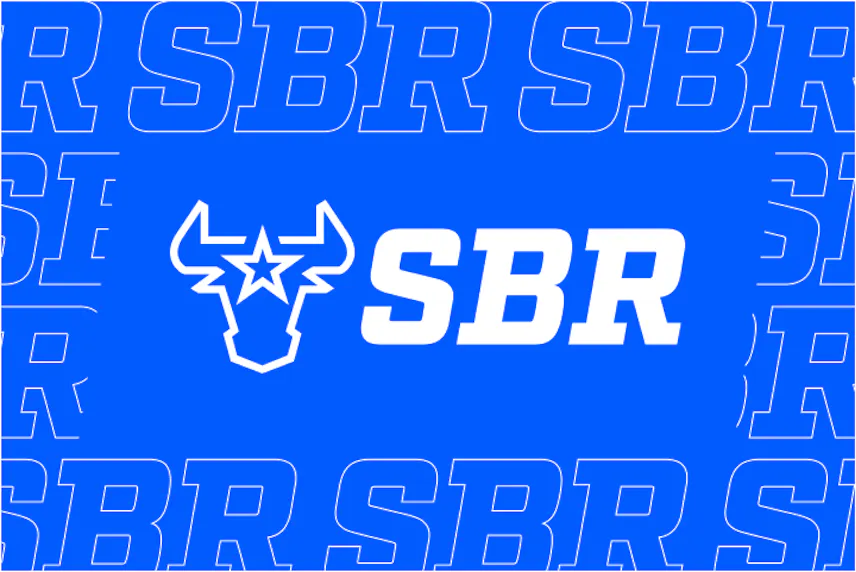Sports Betting Legalization Push in Georgia Crashes and Burns

Last Updated: March 31, 2024 11:50 AM EDT • 4 minute read X Social Google News Link

There was real hope and optimism that the state of Georgia would finally allow voters to decide on the fate of a legal sports betting platform this year. That is until politics once again ran out the clock on any realization of legalization, leaving residents unable to use our best sports betting sites.
The 2024 legislative session in Georgia officially ended at 1 a.m. on Friday, as did any chance of a legislated constitutional amendment to bring the subject of legal sports betting to voters of the Peach State.
During the 2024 legislative session, lawmakers made some progress on the idea of legal Georgia sports betting. Senate Bill 386 and a companion measure, Senate Resolution 579, were passed in the Senate and in the Georgia House Higher Education Committee, supporting not only a legal sports betting platform for Georgia but also a constitutional amendment that would let voters have the final say.
Unfortunately, there was no vote on the House floor after failing to make it out of the House Rules Committee Thursday. It appears a battle over allocating tax revenue was the ultimate death knell of any chance of legalizing this year or possibly next.
Good momentum to a crashing halt
Legislation for a sports betting platform seemed to be on an upward trajectory at the beginning of the 2024 Georgia legislative session, with the Senate approving SB 386 by a 35-15 vote in early February and ultimately moving it out of the Senate after Senate Resolution 579 was included in the legislation.
At that time, the proposals seemed reasonable. The Senate Resolution would allow voters to weigh in on a platform that would provide 16 licenses, tax gross revenues at 25%, and charge providers an initial $100K licensing fee and a $1 million renewal fee per year.
The Educational Opportunity Fund would receive 85% of sports betting tax revenue, which supports pre-k and HOPE Scholarships; the remaining 15% of revenue would go toward creating a problem gaming fund, which would be capped at $150 million.
Then the House intervened
After making it through the Senate, SB 386 and SR 579 arrived for the House to debate, amend, and hopefully approve. The Bill required a simple majority to pass, and the Senate Resolution would need two-thirds support in the House before being approved once again, with amendments by the Senate.
As Republican Rep. Marcus Wiedower stated, “This allows us to get those people off an illegal market into a legal market, allows us to regulate it and tax it, and take care and protect Georgia citizens."
Unfortunately, that's where things got bogged down. It became known on Thursday, the last day of the legislative session, that the Bills did not have the support necessary to pass in the House, and the plans never even came to a vote on the House floor.
Taxes the issue
Of all the things that stood in the way of a legal sports betting Bill and ultimate Constitutional Amendment? How to allocate tax revenue.
Democrats in the House wanted to see changes in how tax revenue from sports betting would be spent. Republicans were not in lockstep on the merits of a legal sports betting platform either.
Simply put, the Senate package highlighted pre-K funding, while the House changed it up a bit to allow deposits to be used for HOPE college scholarships and pre-K initiatives.
Another proposed change came from Rep. Sam Park, who hoped to allocate 35% of Georgia sports betting revenue to citizens with below-median incomes and another 35% to rural counties across the state.
Confused? It's understandable, but the ultimate result of the House back-and-forth on tax revenue spending cost Georgia a chance to join 38 other states that are currently reaping the benefits of a legal sports betting platform and the tax revenue generated.
Missing the boat again
Georgia has been regarded as one of the most anticipated new markets for the broad U.S. legal sports betting family. It is America's sixth largest state with 12.7 million residents and home to the NFL's Atlanta Falcons, the NBA's Atlanta Hawks, and MLB's Atlanta Braves, along with one of the biggest college sports programs in the nation, the Georgia Bulldogs.
Sen. Brandon Beach estimated early on in the legislative process that up to $900 million annually could be generated in Georgia upon the maturation of a legal sports wagering platform.
The next Georgia State legislative session won't commence until 2025, thanks to it being an election year in the U.S. The debate around a legal sports betting platform will almost assuredly pick up then and could pass if lawmakers can agree on how to spend the tax revenues.
That leaves late 2025 or even 2026 before Georgia sports betting could become legal. It is an unfortunate timeline that legislators and citizens of the Peach State are forced to live with.

James Bisson X social





